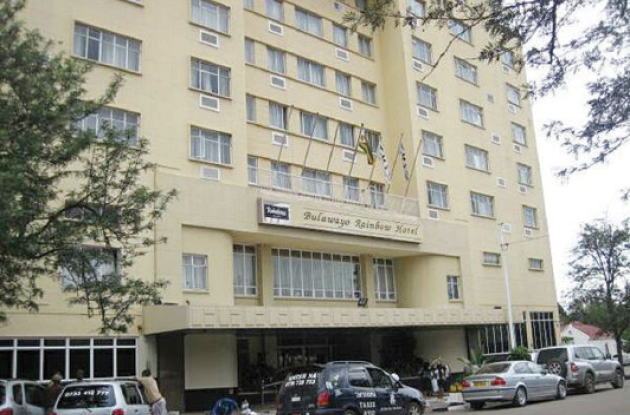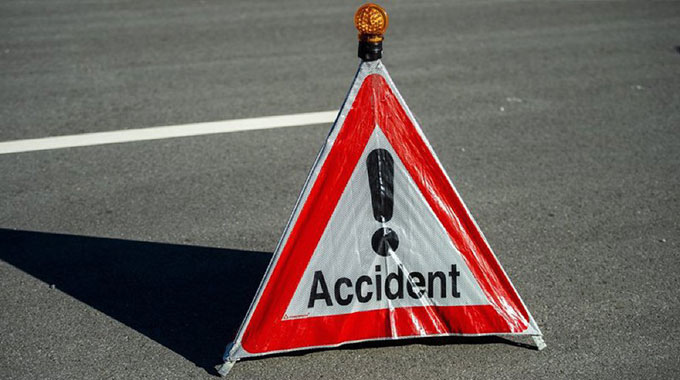First batch of displaced migrants arrives

From Mashudu Netsianda in Beitbridge
THE first group of more than 400 Zimbabweans who were displaced by the ongoing xenophobic attacks in Durban, South Africa arrived back home through Beitbridge border post on voluntary repatriation last night.
The group comprising 112 women, 203 men and 92 children arrived in six South African buses from Durban under the escort of officials from the Zimbabwean Embassy in South Africa. They were welcomed by the Minister of State for Provincial Affairs in Matabeleland South Cde Abednico Ncube.
They arrived at the International Organisation for Migration reception centre where they were vetted by police and underwent immigration formalities.
The minister later addressed them and assured them that the government was committed to rendering assistance.
“This is your country, you’re all welcome and as government we pledge to continue offering you assistance following your plight,” he said much to applause from the repatriated survivors of xenophobia.
The displaced Zimbabweans, who after enduring close to eight hours of the journey by road were further subjected to another four hour delay at the South African border.
The victims who spoke to The Chronicle last night narrated harrowing experiences of how they survived the animalistic attacks that rocked Durban and parts of Johannesburg.
Climate Mushanga, 34, of Zaka said he witnessed a gruesome sight of his brother Pepukai Museyi being beheaded by a group of Zulu youths who stormed his house.
“A group of youths came marching through the streets and they stormed into our house in Chartsworth and started assaulting us. I witnessed them killing my brother in a very brutal manner and I’m really devastated and that experience is now haunting me. It will take time for me to erase it from my mind,” said Mushanga, who had been staying in South Africa for the past 18 years.
Mushanga, who is married to a South African said he left his family out of fear and is planning to return once the situation normalises.
Another victim, Francisca Marava of Chiredzi, said she fled Durban with her husband, Trust Baloyi and their 11-month-old baby.
“It was a terrible experience that I wouldn’t want to relive. I was busy doing my household chores when I heard a group of South African youths chanting xenophobic songs. They stormed into my neighbour’s house and started attacking him before looting his wardrobe, clothes and television. I then alerted my husband and we fled to Chartsworth Police Station where we found a group of foreigners already gathered there,” she said.
Baloyi said they were later taken to Chartsworth Camp where they stayed for two weeks in a crowded and filthy place whose conditions were unhygienic.
“We ate unhealthy food and the conditions at the camp were not suitable for human habitation. We had to stay there for two weeks because the situation was bad for us to return home,” he said.
Daniel Sungai, 46, from Zaka vowed that he would not return to South Africa following the attacks.
“I’ve been in South Africa for three years, but what I witnesses in the last three weeks was horrible and frightening. I witnessed a person being doused with petrol and burnt alive with a tyre around his neck. South Africans are evil and I am not contemplating going back,” he said.
Taona Mapurisa of Chiredzi said she witnessed a young man from her neighbourhood being killed and his parts removed.
“They took this boy who was popularly known as Mhofu and cut his throat before removing his eyes, tongue and private parts. It was so frightening and this is an experience that is quite chilling. In most cases police would simply watch as people were being butchered,” she said.
The director for Civil Protection Unit Madzudzo Pawadyira said the government with the assistance of UNICEF, Red Cross and IOM has availed eight buses to ferry the victims to their respective homes. Each of the victims was given a food hamper and blankets while female victims were also provided with sanitary pads and children’s provisions.
“Between 1,500 and 2,000 Zimbabweans in Durban have volunteered to be repatriated and the government is providing them with transport. The Ministry of Foreign Affairs has offered to bring them home and we will take them to their homes. We have also set up a mobile clinic at the IOM centre where we are also offering the victims psychological counselling following their experiences in South Africa,” said Pawadyira.
He said the process of repatriating Zimbabwean xenophobic victims from Phoenix, Isipingo and Gemiston is expected to continue until Friday.











Comments